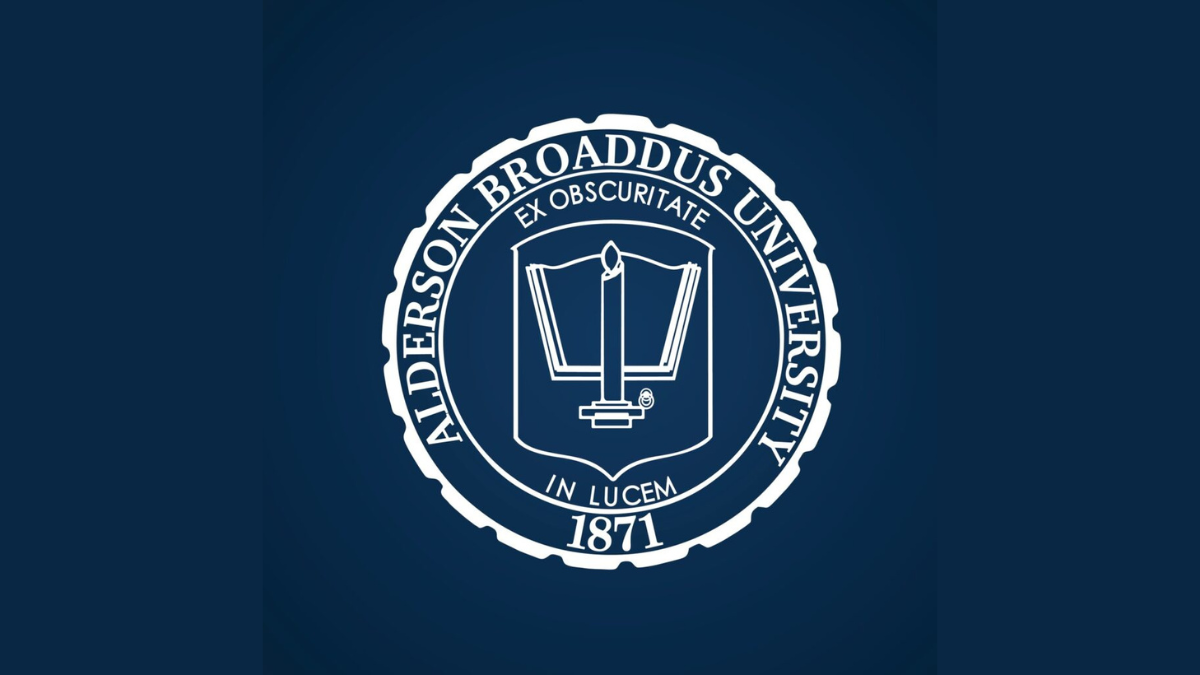Updated on Aug. 12, 2020 at 9:50 a.m.
All of West Virginia’s higher education institutions have varying return-to-campus plans in place for the fall 2020 semester. But how will plans be enforced? And what consequences exist if students refuse to comply?
As early as next week, some schools in West Virginia, such as Concord University and West Virginia University, will begin fall 2020 semesters, with others like Marshall and Shepherd University starting on Aug. 24.
All of West Virginia’s higher education institutions have protective protocols in place to combat the coronavirus, such as mask-wearing and social distancing.
Like their counterparts across the nation, most colleges and universities in the state are offering a mix of in-person, virtual and hybrid courses. Dormitories, in many cases, are single-occupancy rooms and will no longer allow visitors. And all institutions have greatly increased cleaning efforts.
Many schools, such as Shepherd, have signs all over campus that read, “Please keep your face coverings on!”
Gov. Jim Justice is asking that all public and private colleges and universities in West Virginia require coronavirus testing of all students who come to campuses.
At WVU, students and staff not wearing face coverings on campus could receive a written warning, be removed from class, put on probation, or even face suspension or expulsion, according to the school’s website.
Similarly, at Shepherd, if a student refuses to wear a mask, the situation will be “treated as a conduct issue by Students Affairs and Residence Life,” the university advised in an email to West Virginia Public Broadcasting.
At Marshall, students and staff who wish to report incidents anonymously can do so through an online form. Those in violation would be “subject to the rules of the student judicial system and Board of Governors Policy No. SA-1, Student Rights and Responsibilities,” according to guidance posted on the school’s website.
“[A] formal warning comes first, followed by conduct probation, [which] limits participation in extracurricular activities and student privileges, then probationary suspension, suspension, and finally expulsion,” said Leah Payne, Marshall University’s director of University Communications.
The West Virginia Higher Education Policy Commission has provided a page on its website with links to all of West Virginia’s 4-year, 2-year and private institutions’ return-to-campus guidelines, which continue to be updated as schools sort out safety policies as they begin the fall semester.
Recently, Justice provided $2.5 million dispersed among West Virginia’s colleges and universities to support COVID-19 testing on campus.
West Virginia HEPC Chancellor Sarah Armstrong Tucker said this funding will help institutions ramp up testing and reopen safely.
“This accelerated testing, combined with the far-reaching health and safety protocols schools have already activated, will allow students to continue their education – which is critical to their futures and the future of our state – with greater peace of mind,” Tucker said.
**Editor’s Note: An earlier version of this story said Shepherd and Marshall would require coronavirus testing of all students living in residence halls as well as student-athletes, newly arrived international students or students coming from hot-spot areas in the U.S. This is in fact a request by Gov. Jim Justice for all students attending the state’s public and private colleges and universities.
